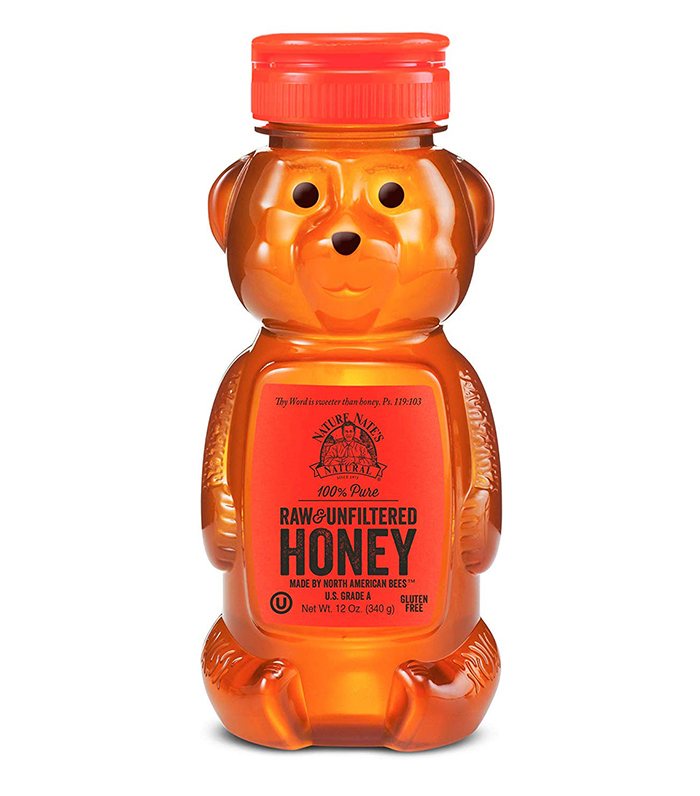Why Does Coffee Make Me Tired? Nutritionists Have the Answer

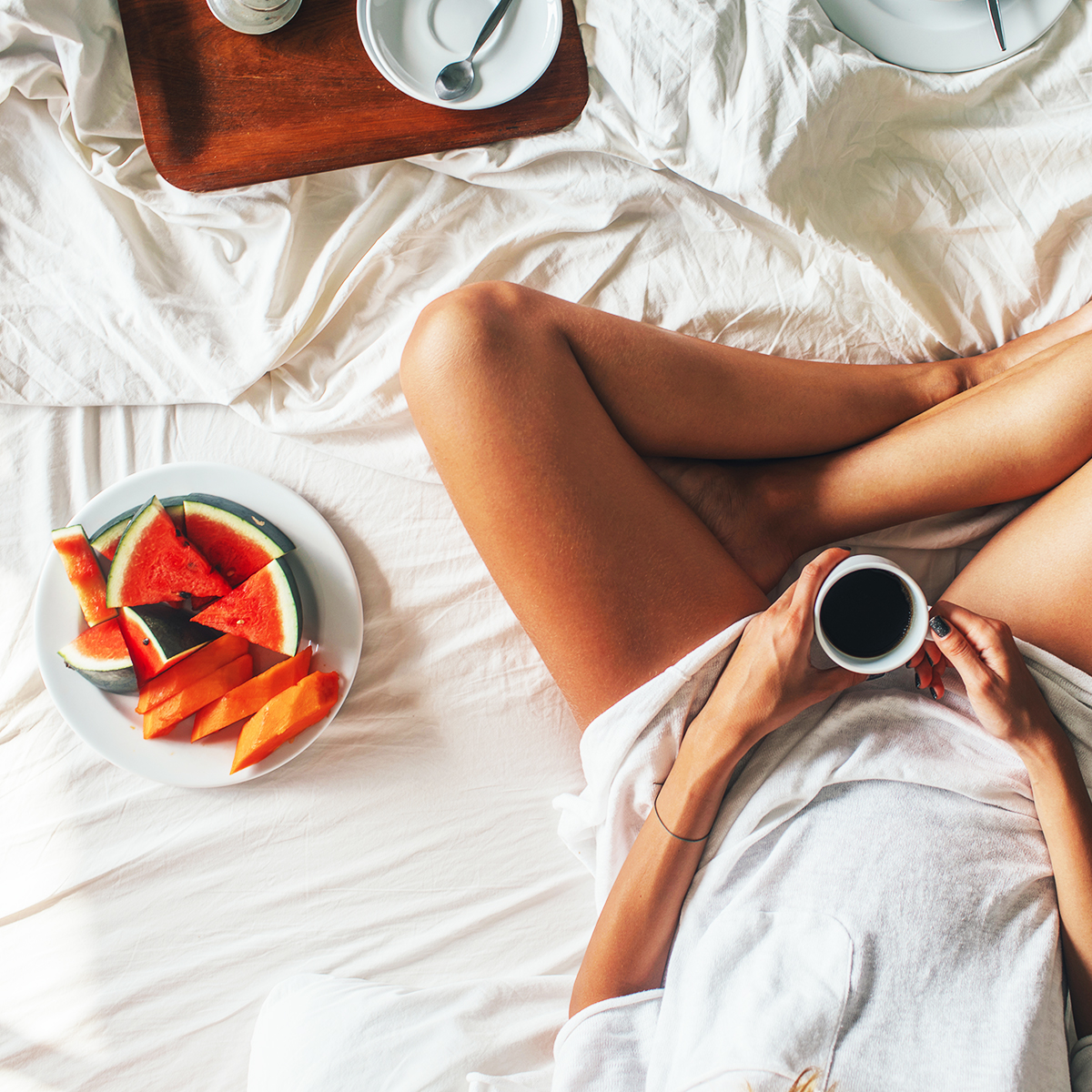
Are you an avid coffee drinker like 83% of adults in the U.S. who collectively consume 587 million cups per day? If so, it's probably hard to imagine a day without the world's most popular beverage. It's like every ideal morning starts with a cup—whether you like it steaming hot or iced, one sip gives you that fix you need. But caffeine can do some pretty crazy things to your body. In some cases, it can do the opposite of boosting your energy. If you're scratching your head and wondering why coffee makes you tired, this one's for you.
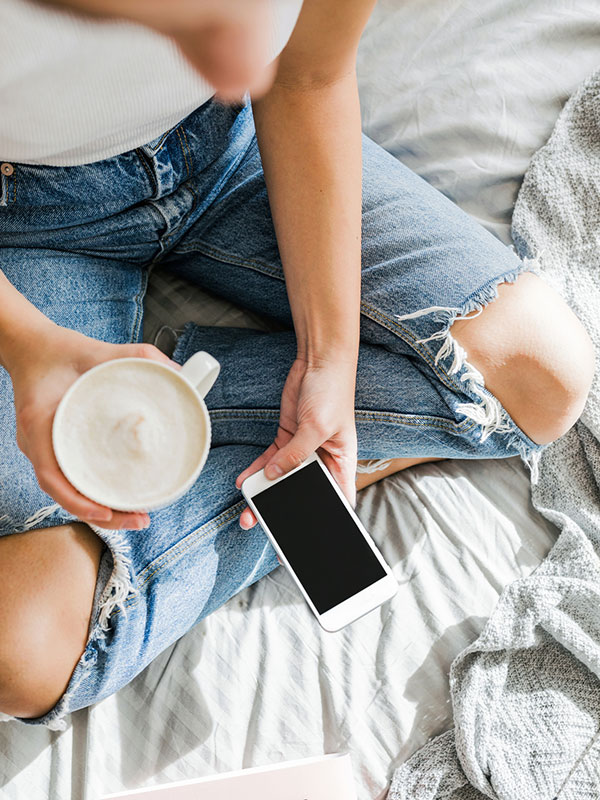
We tapped experts to solve this mind-boggling mystery of coffee. Registered dietician and author of The Diet Detox Brooke Alpert, along with the founder of Reserveage Nutrition and author of New York Times best-selling book Glow 15 Naomi Whittel, shared the reasons coffee could be making you feel sluggish, fatigued, and tired.
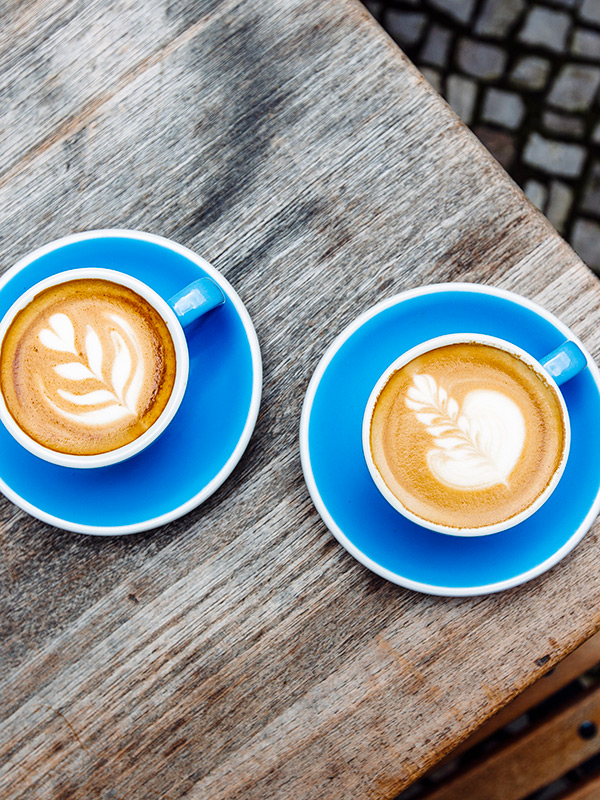
"Coffee is a diuretic, meaning it causes your body to increase urinary output, which could possibly lead to dehydration in some people," explains Whittel. "Dehydration can lead to a more rapid heartbeat and elevated blood pressure, and this can make you feel tired or sluggish as your body becomes fatigued from extra work. If you find that coffee makes you urinate more frequently than normal, be sure to stay well hydrated with pure water, and watch for signs of dehydration."
Alpert agrees regarding coffee's diuretic effects: "Dehydration can cause fatigue, so if you're not properly hydrated and drink coffee, you could actually feel more tired instead."
The solution boils down to drinking more water to stay hydrated.
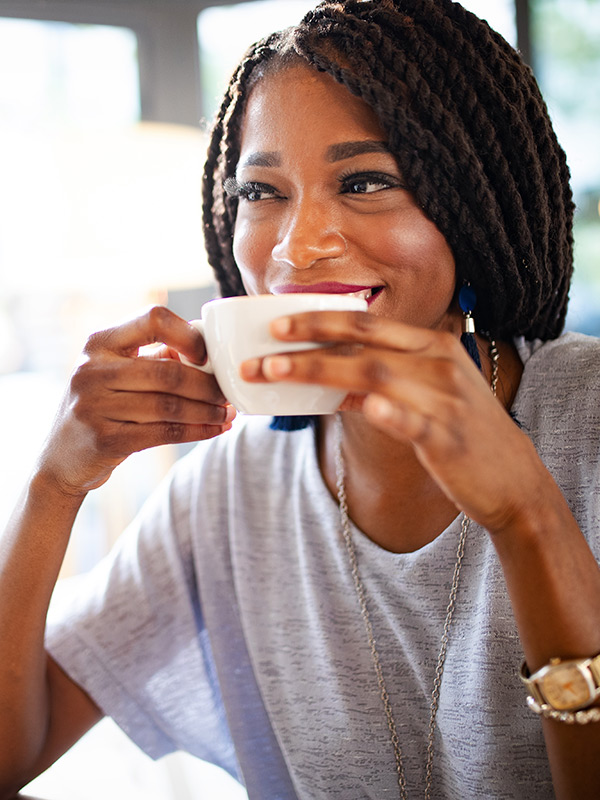
"If you typically add sugar as a sweetener, this can lead to a blood sugar spike, followed by a dip soon after," Whittel says. "Your body uses up sugar more quickly than caffeine, which can cause an energy slump similar to after you eat any sugary food. Remember that sugar in coffee also includes syrups, chocolate, whip cream, etc. To minimize these effects, add monk fruit sweetener or green leaf stevia if you need a sweetener, along with a healthy fat. A full-fat coconut milk also adds a delicious natural creaminess and sweetness. And of course, stay hydrated with water."
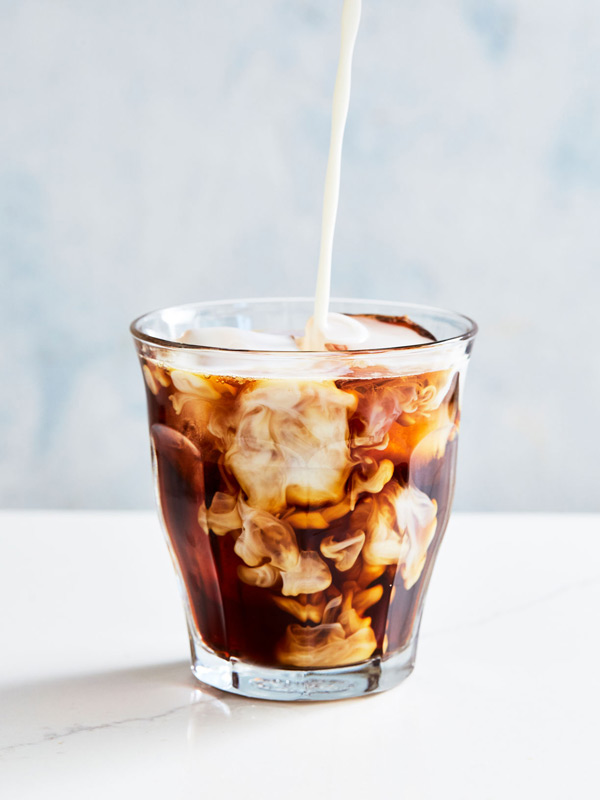
"Coffee drinkers who consume large amounts regularly create more adenosine receptors in the brain, which is an inhibitory neurotransmitter responsible for making you feel sleepy," explains Whittel. "So you end up feeling that without coffee, your energy levels suffer and constantly build your caffeine tolerance."
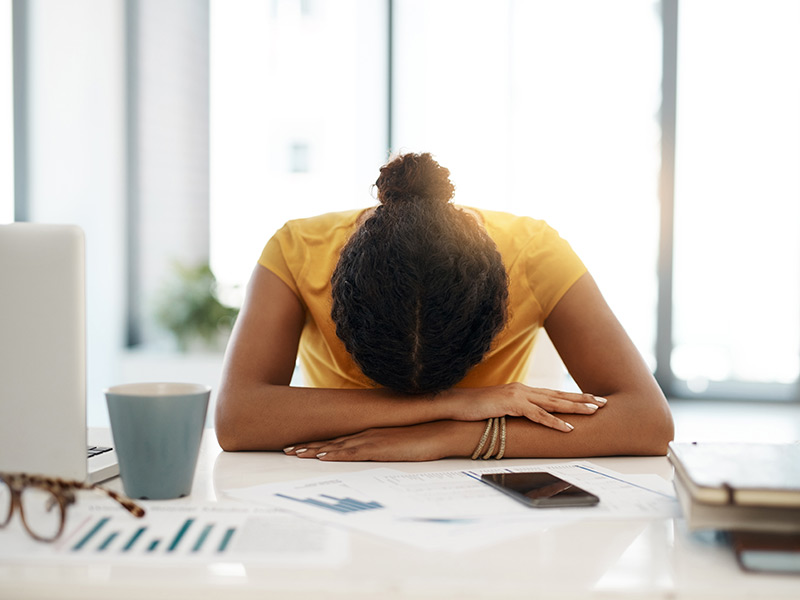
"Coffee is addictive by nature," explains Whittel. "Your body builds tolerance to it, and the more you drink, the more you need. When you become tolerant at your normal dose, you may experience 'fatigue.' This will force you into increasing your dose of caffeine in order to reap the same impact. Coffee can be too intense and lead to something called hypothalamic pituitary adrenal dysregulation, also known as 'adrenal fatigue.' The caffeine in coffee sends a signal from the hypothalamus to your adrenals to secrete cortisol, which is a stress hormone. If you are someone already maxed out, stressed from physical psycho-emotional stuff and stuck in a perpetual state of overwhelm, like many women today, overdoing it with coffee can compound the negative stress already present."
5. Once the stimulating effects of caffeine wear off, you'll feel the effects of adenosine, which makes you sleepy.
According to Alpert, adenosine is a neurotransmitter that makes you feel fatigued. "When you drink coffee, the caffeine blocks adenosine," explains Alpert. "So when the caffeine wears off, the 'block' on the sleepy feeling neurotransmitter is released, and it can cause a feeling of tiredness as it runs through your central nervous system."
For all-day coffee drinkers, Whittel notes these effects could be worse. "Once the stimulating effects of caffeine wear off, some people experience excessive sleepiness or sluggishness, which is a caffeine crash that happens when adenosine comes back with a vengeance," explains Whittel. "The real issue can come into play if you are a chronic, all-day coffee drinker, as your brain senses a need for more adenosine receptors. This means you need more coffee to get that initial energy boost, and your baseline energy levels can chronically suffer, meaning if you don't have enough caffeine, you will feel more tired than you used to."
The bottom line is you will reap more benefits from caffeine the less you drink it. "This has to do with the number of adenosine receptors your brain has built due to the amount of caffeine you ingest," Whittel adds. "Some studies suggest that people who drink a lot of coffee regularly are not actually experiencing a caffeine boost but are actually just getting boosted to 'normal' baseline energy levels."
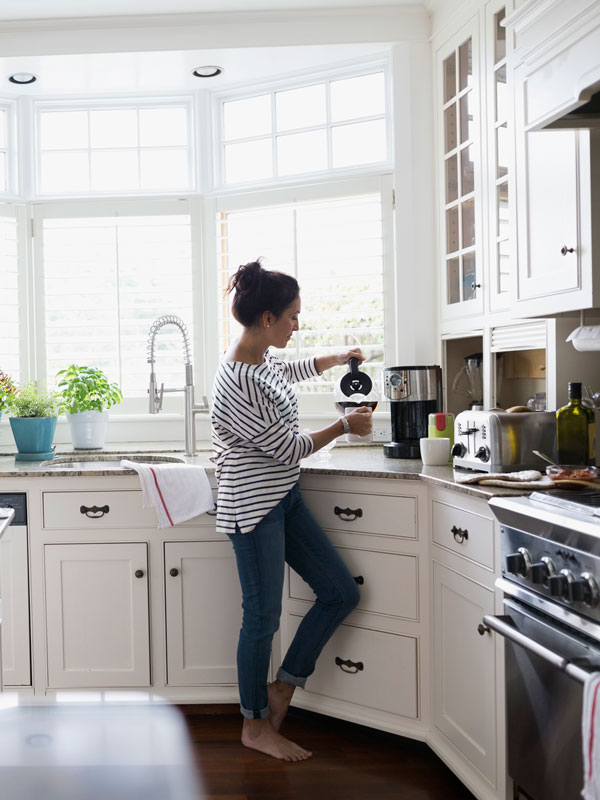
"Consuming large amounts of caffeine from coffee or any type of beverage is not a wise idea," stresses Alpert. "Too much can cause insomnia, heart palpitations, anxiety, and stomach issues.”
Whittel points out the importance of knowing if you are a fast or slow coffee metabolizer, which will determine your coffee limits. "Caffeine prompts our adrenal glands to secrete the stress hormone adrenaline," explains Whittel. "While this is not a problem for many people, those who suffer from adrenal fatigue, anxiety, insomnia, or are simply a slow metabolizer can experience negative side effects like nervousness or even increased risk of heart attack." If you're pregnant, it's best to consume coffee in lower doses. "Pregnant women metabolize caffeine at a much slower rate, for example, a non-pregnant woman will usually clear half of the caffeine from her system in around three to four hours, and a woman toward the end of her pregnancy could take up to 11 to 12 hours."
It's also extremely important to be wary of toxic chemicals found in coffee. "There has been a lot of attention recently on mycotoxins, which are toxic chemicals produced by certain molds that grow primarily on coffee, grains, and peanut butter," explains Whittel. "These chemicals are definitely harmful in high doses, although the amount found on coffee beans is well under the safety limit. However, avoiding toxic coffee is your safest bet. Looking for wet-roasted coffee beans, avoiding 'blends' since you won't really know where these originate, and opting for beans grown at higher elevations will ensure purity."
To avoid fatigue from coffee, do these things…
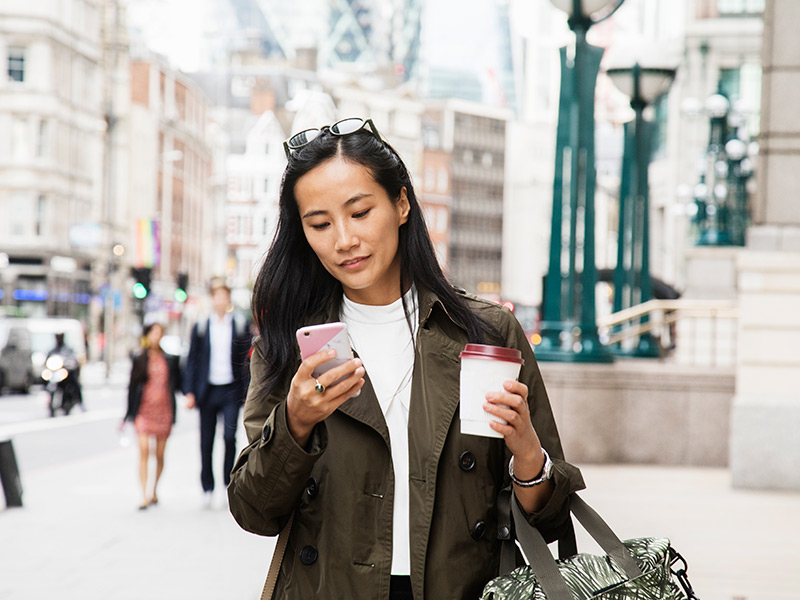
Both Alpert and Whittel recommend the below:
1. Stay away from coffee after 2 p.m.
2. Stay properly hydrated with water.
3. Don't overdo it on coffee or caffeinated beverages.
4. Don't add sugar or artificial sweeteners to your coffee. (Go for sweeteners such as real maple, honey, lightly processed monk fruit, or green leaf stevia.)
5. Choose nontoxic coffee beans.
6. Listen to your body. If you notice yourself becoming addicted to caffeine, like you're sluggish and fatigued without it or you need more for that same lift, omit or limit caffeine consumption for a while and reduce your overall intake.
This post was published at an earlier date and has since been updated by Sarah Yang. Next up: I Gave Up Coffee—This Is What Happened to My Energy.
This article is provided for informational purposes only and is not intended to be used in the place of advice of your physician or other medical professionals. You should always consult with your doctor or healthcare provider first with any health-related questions.

